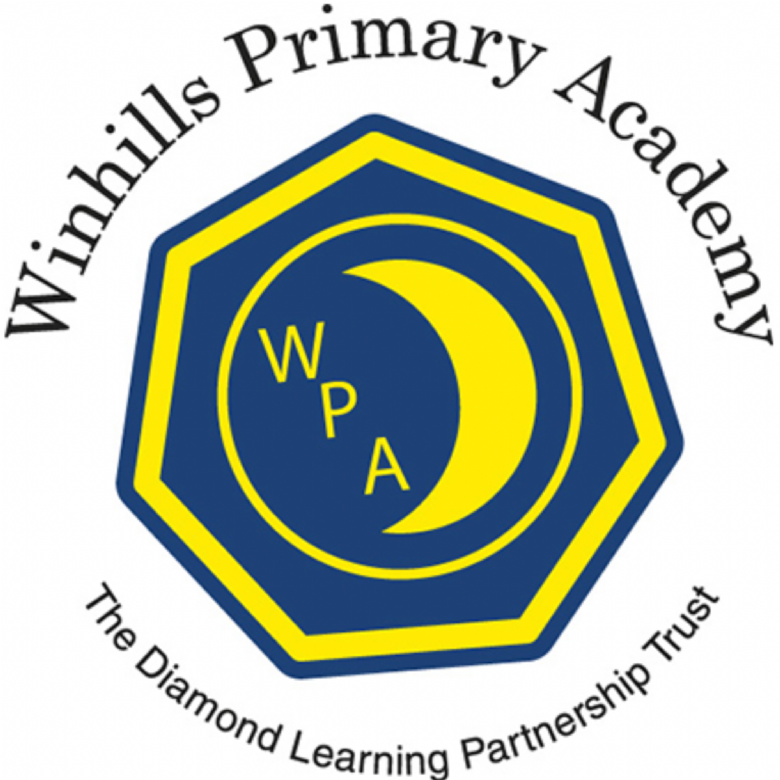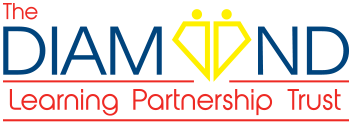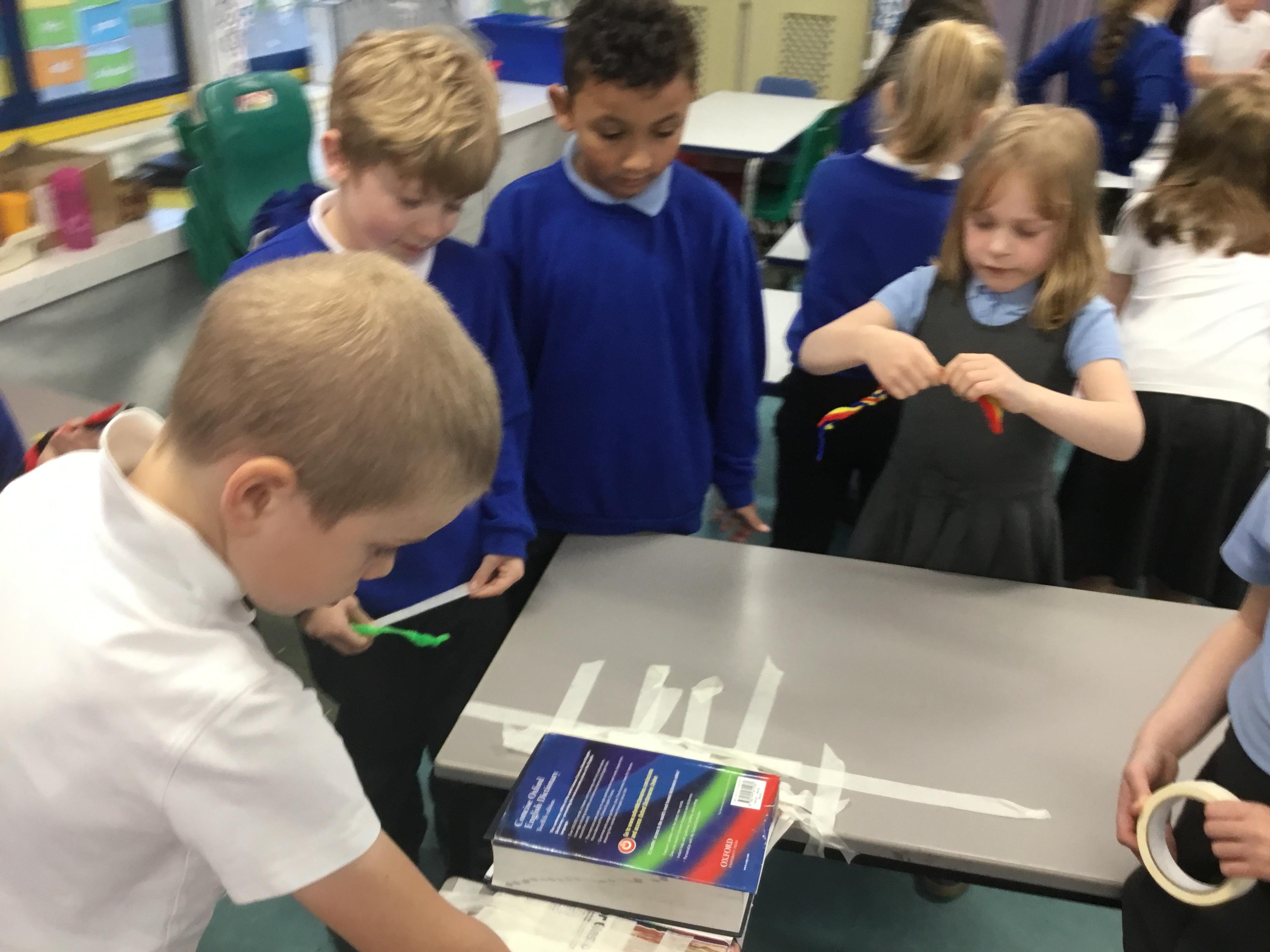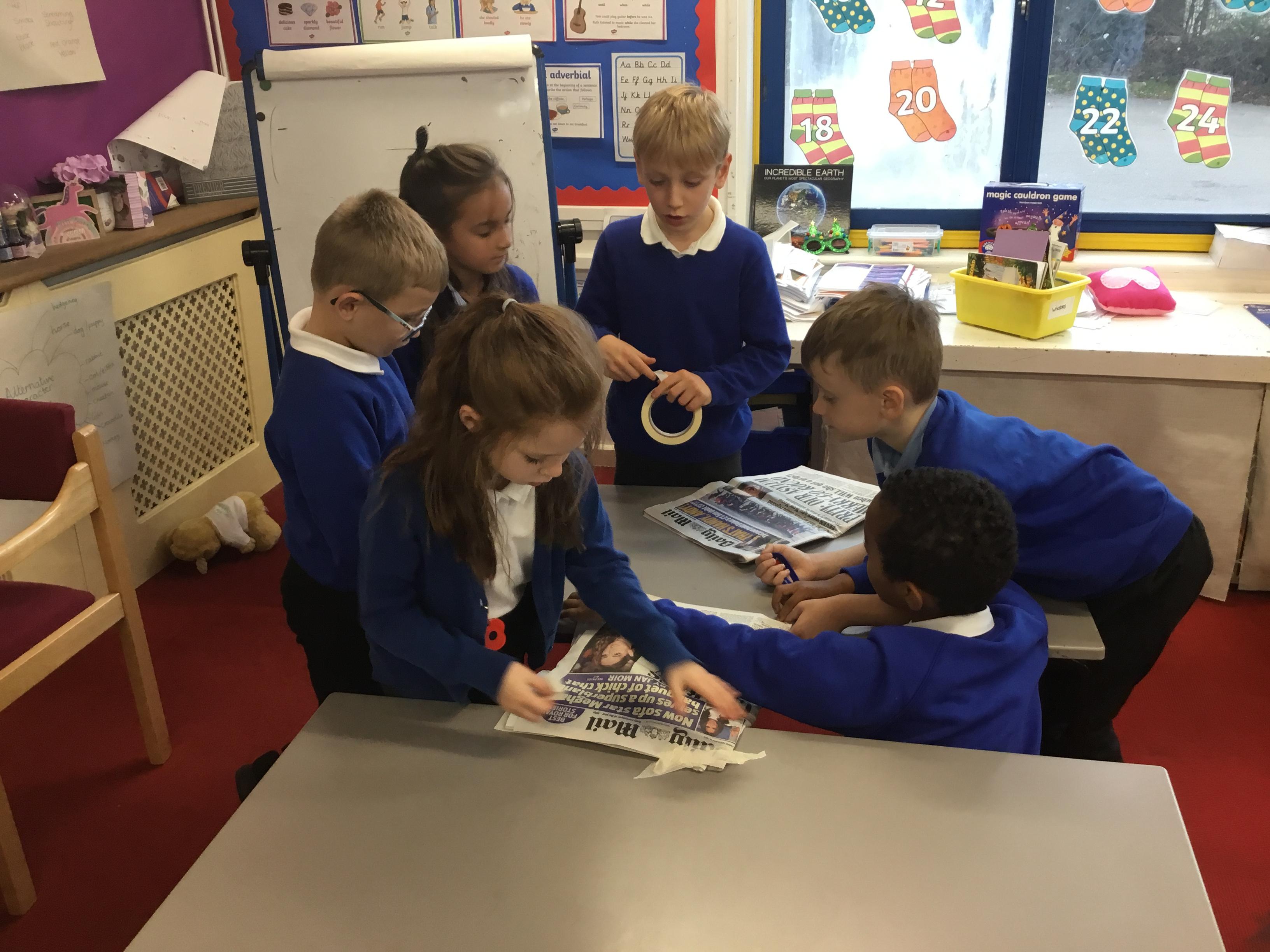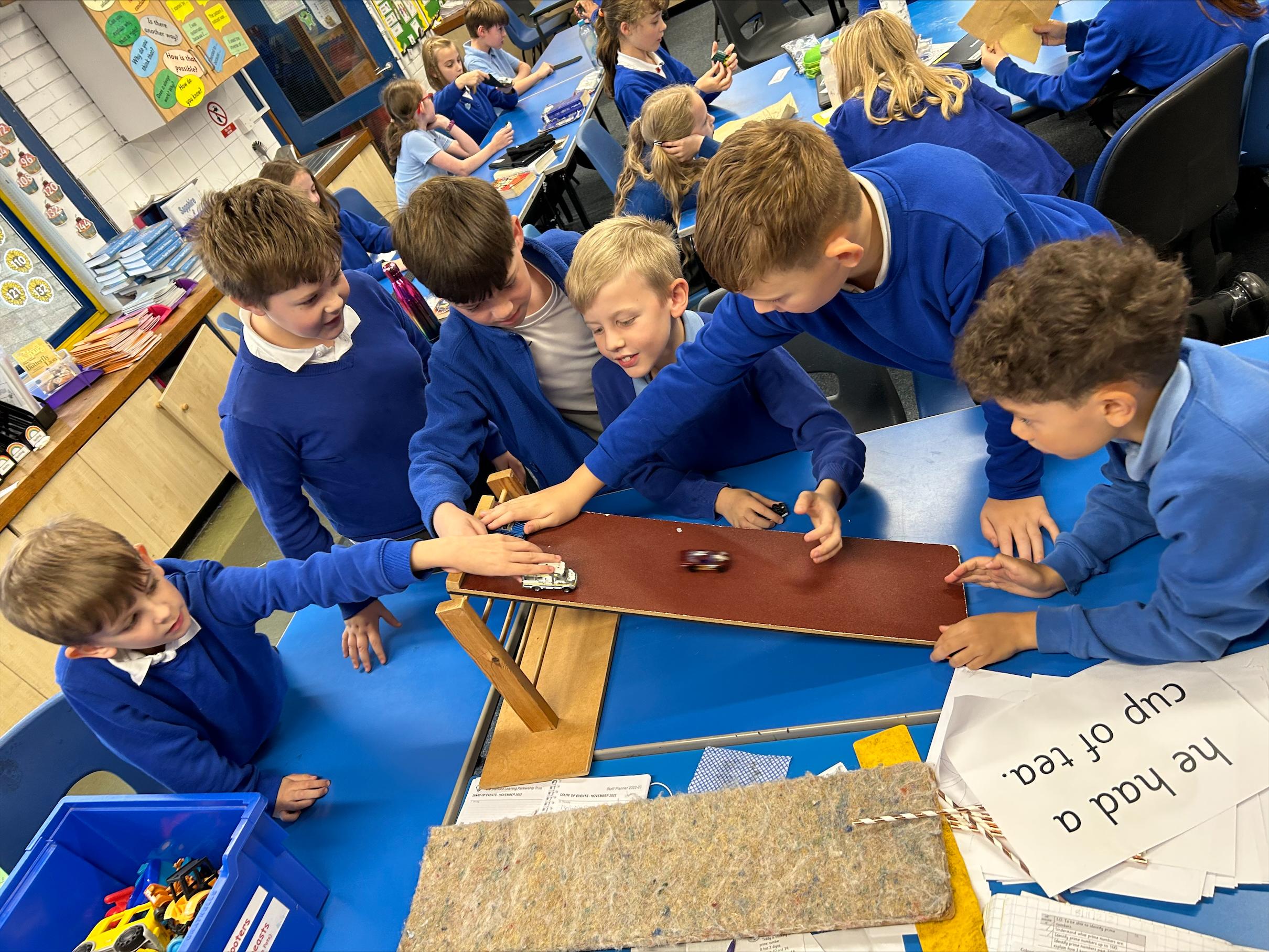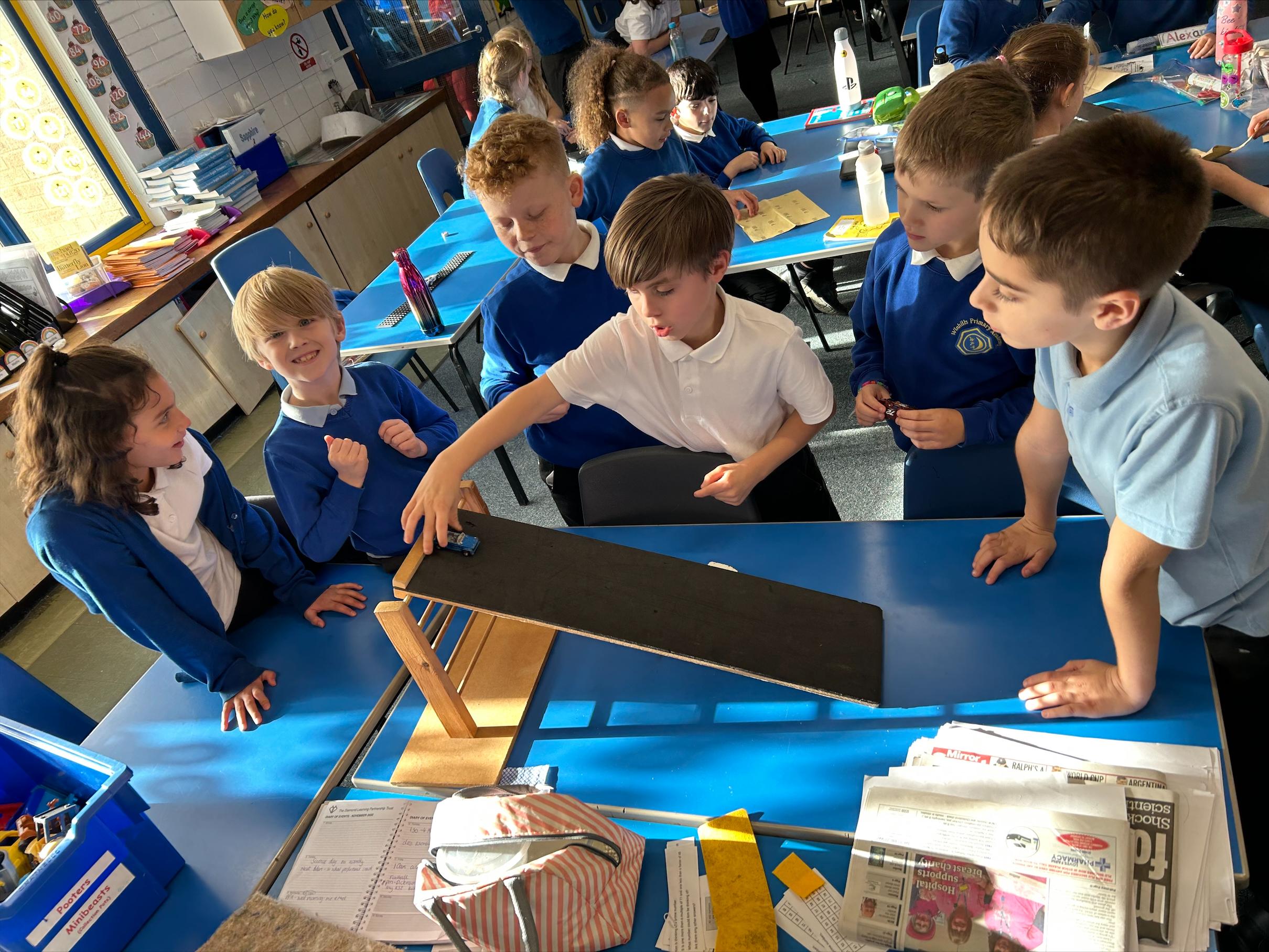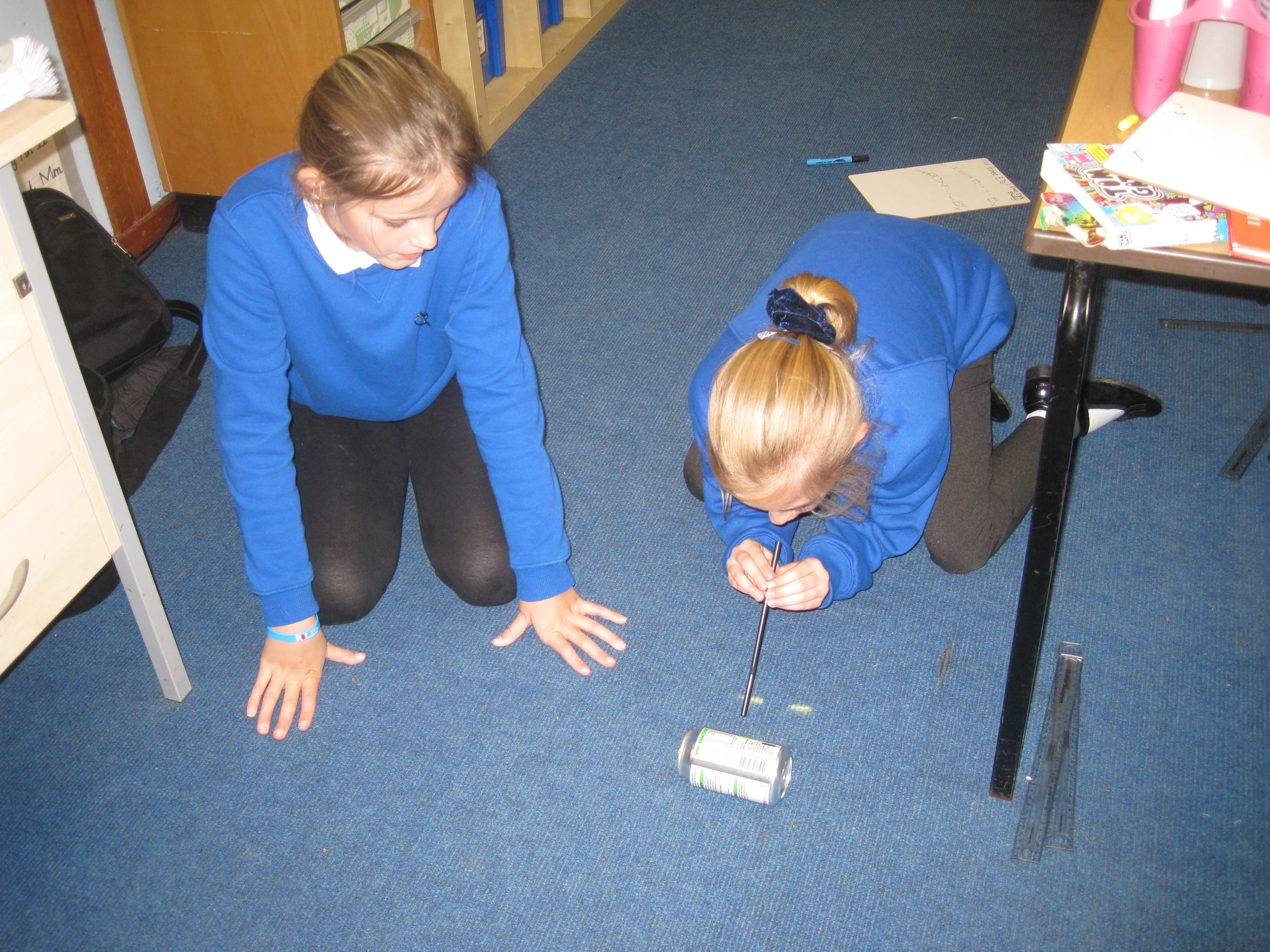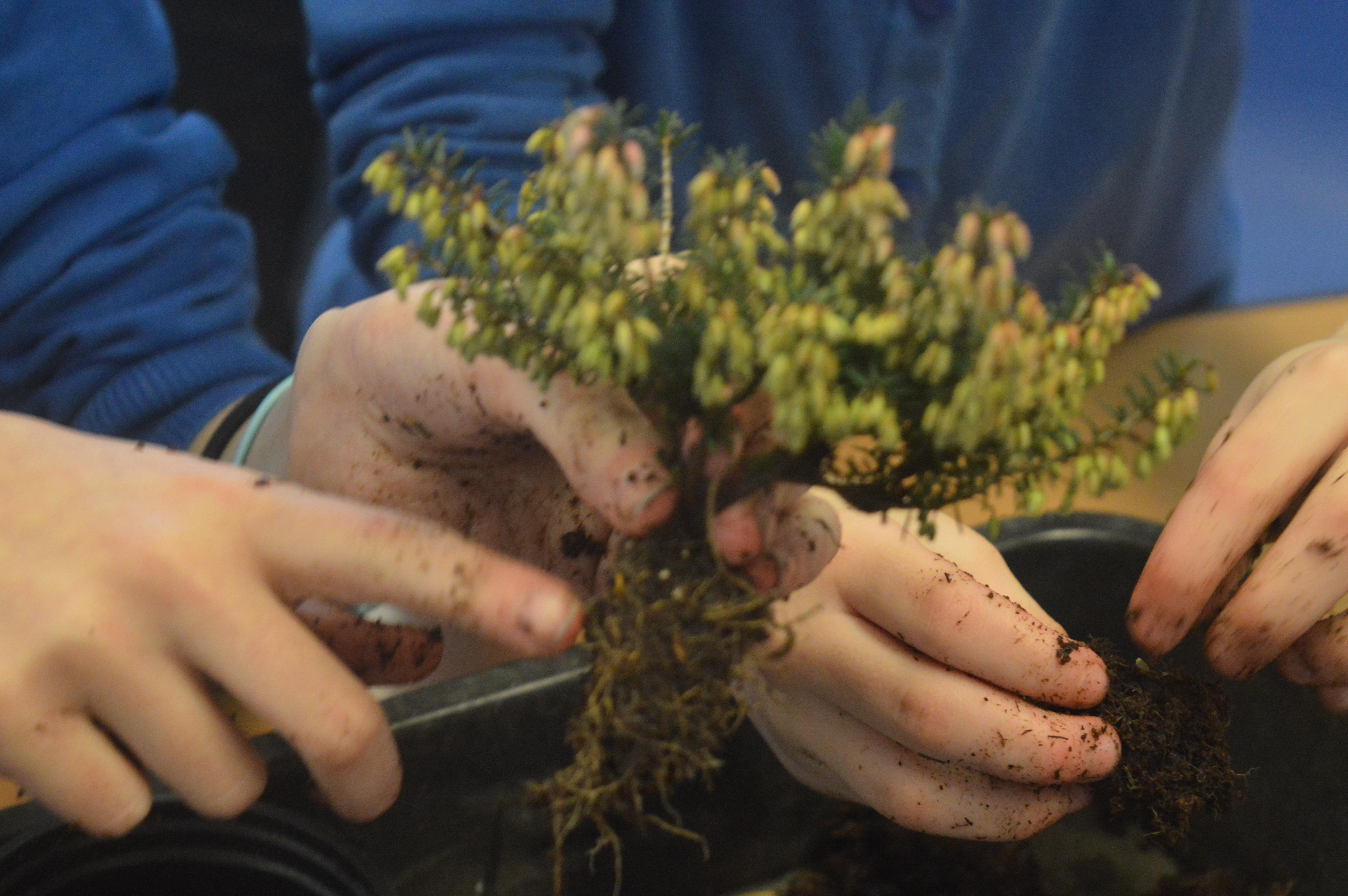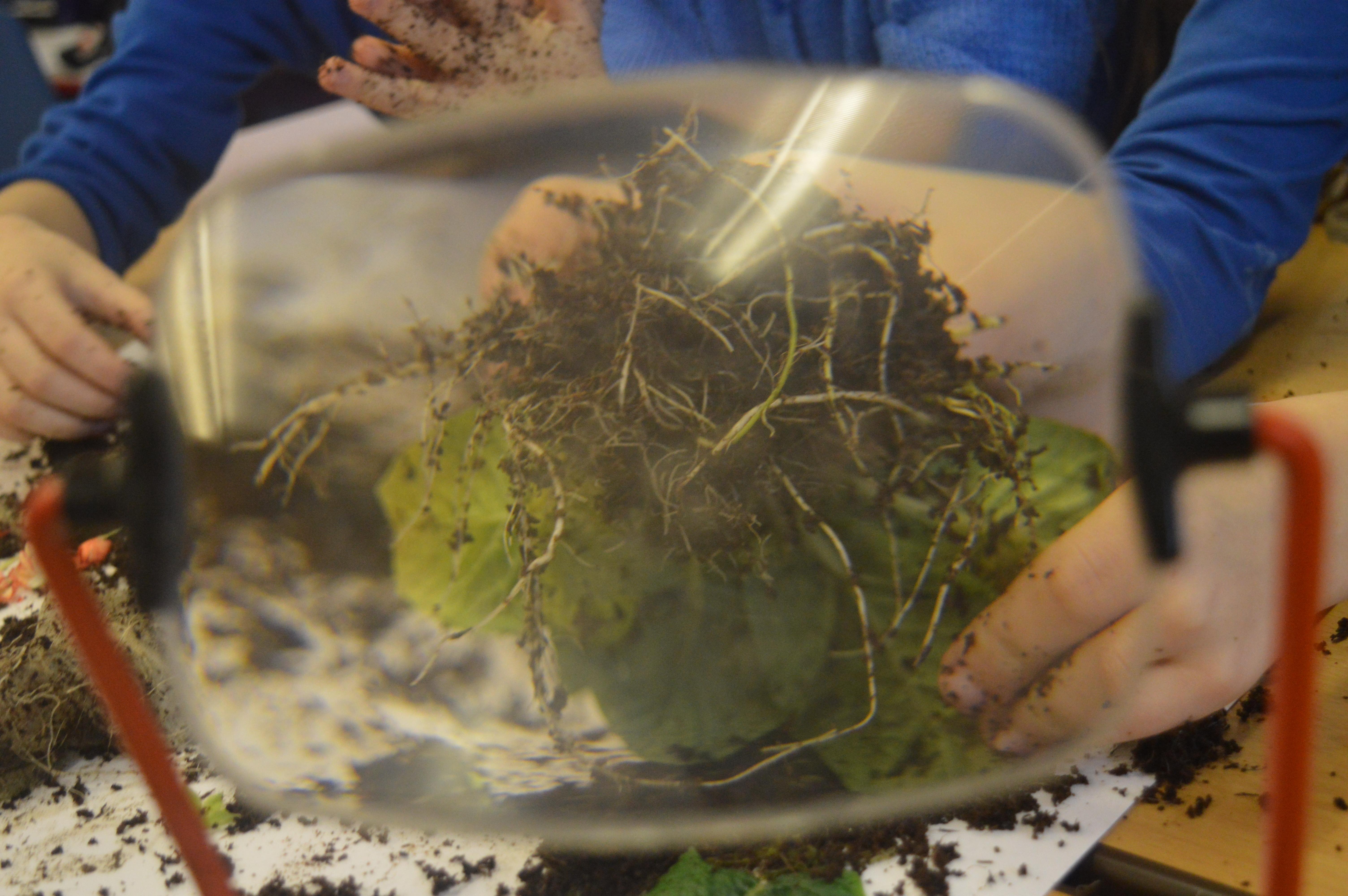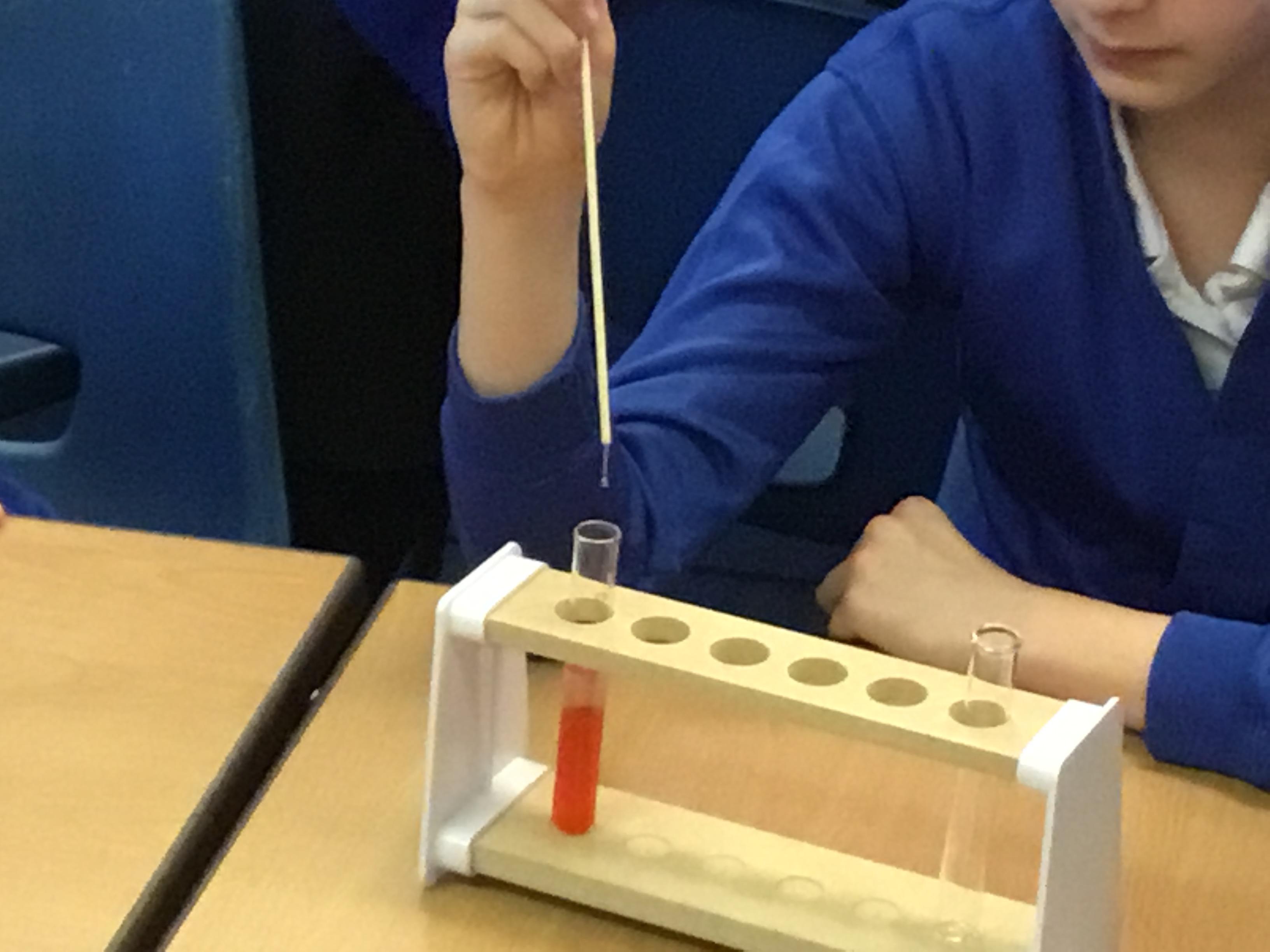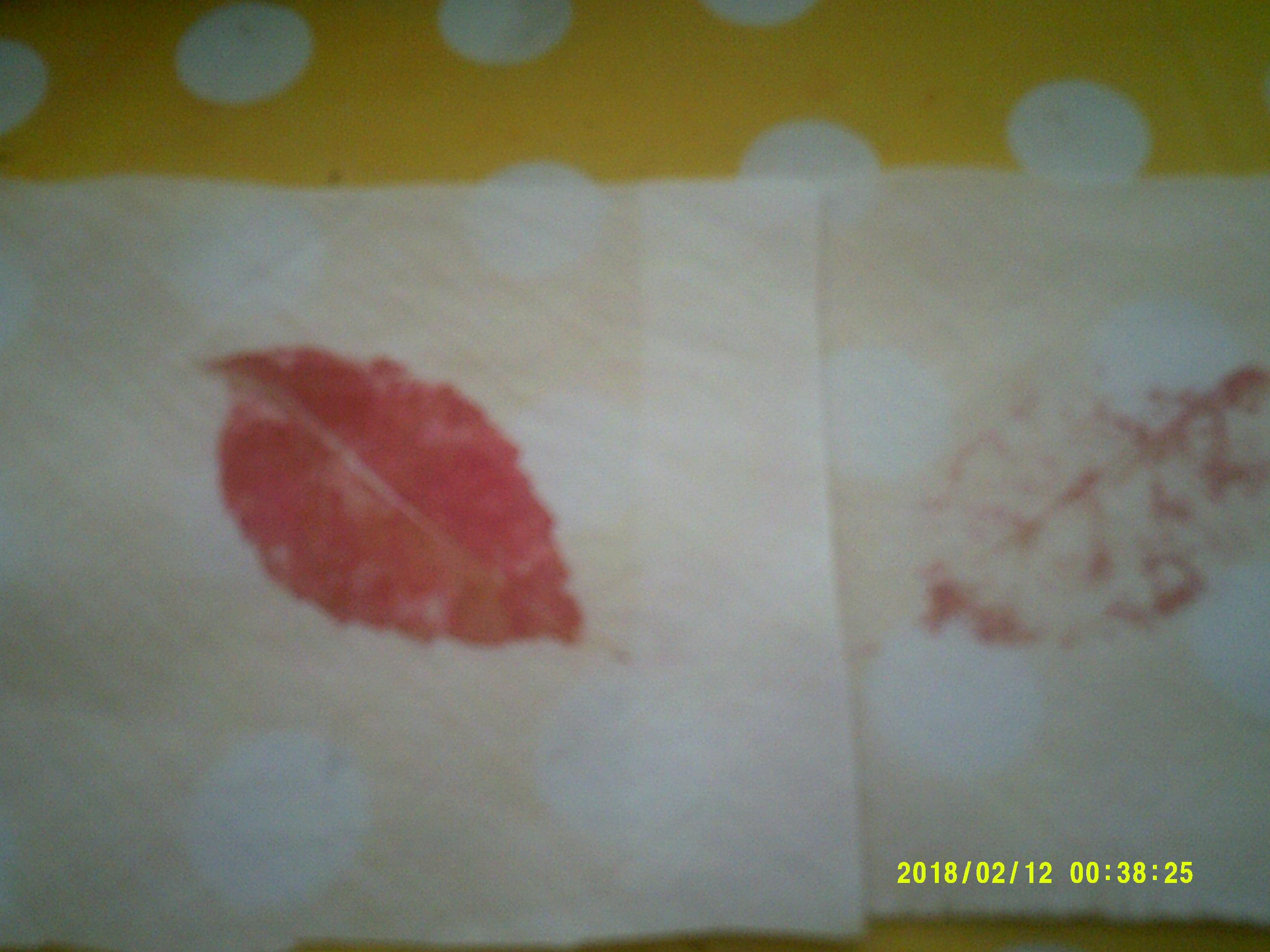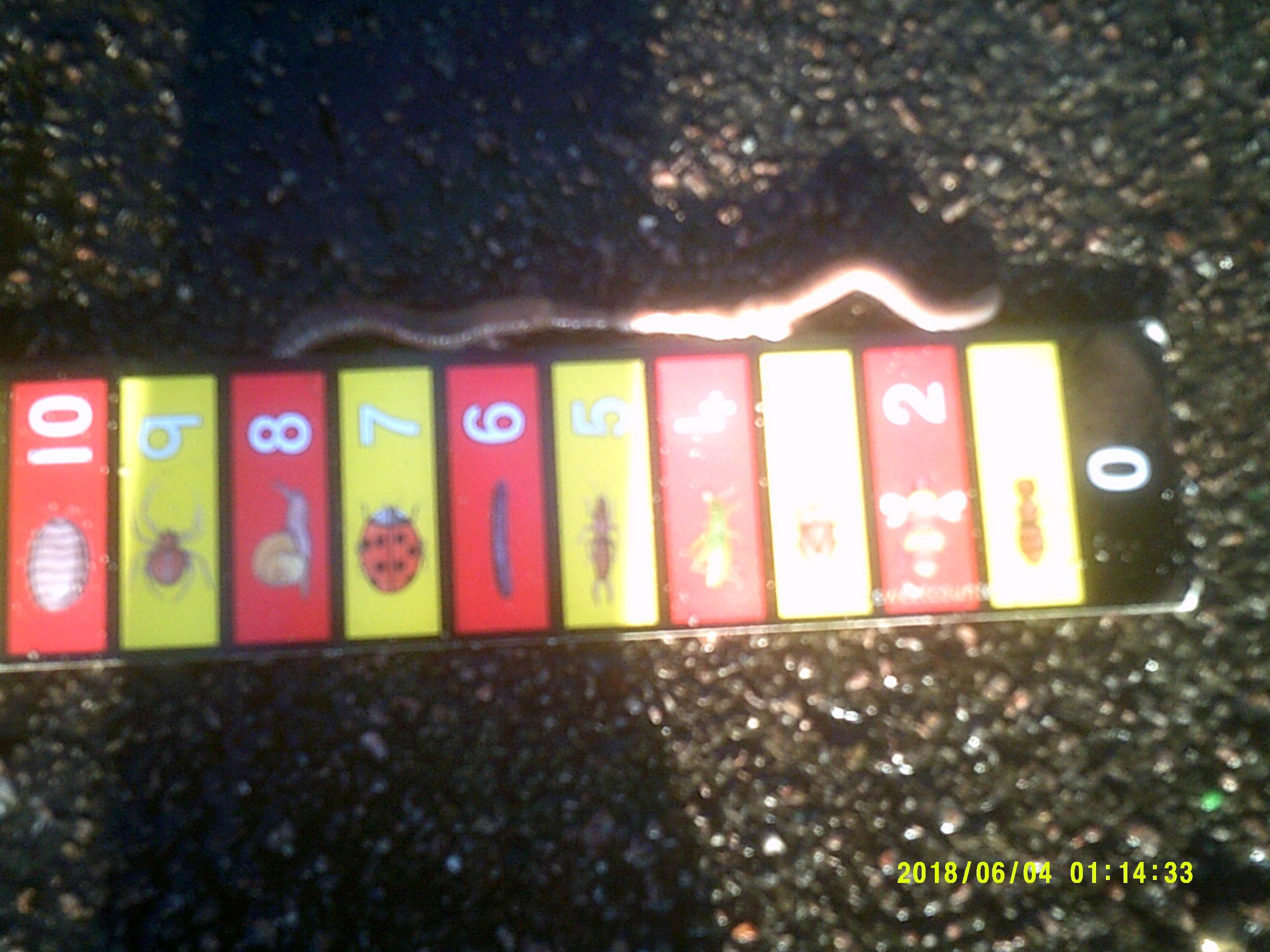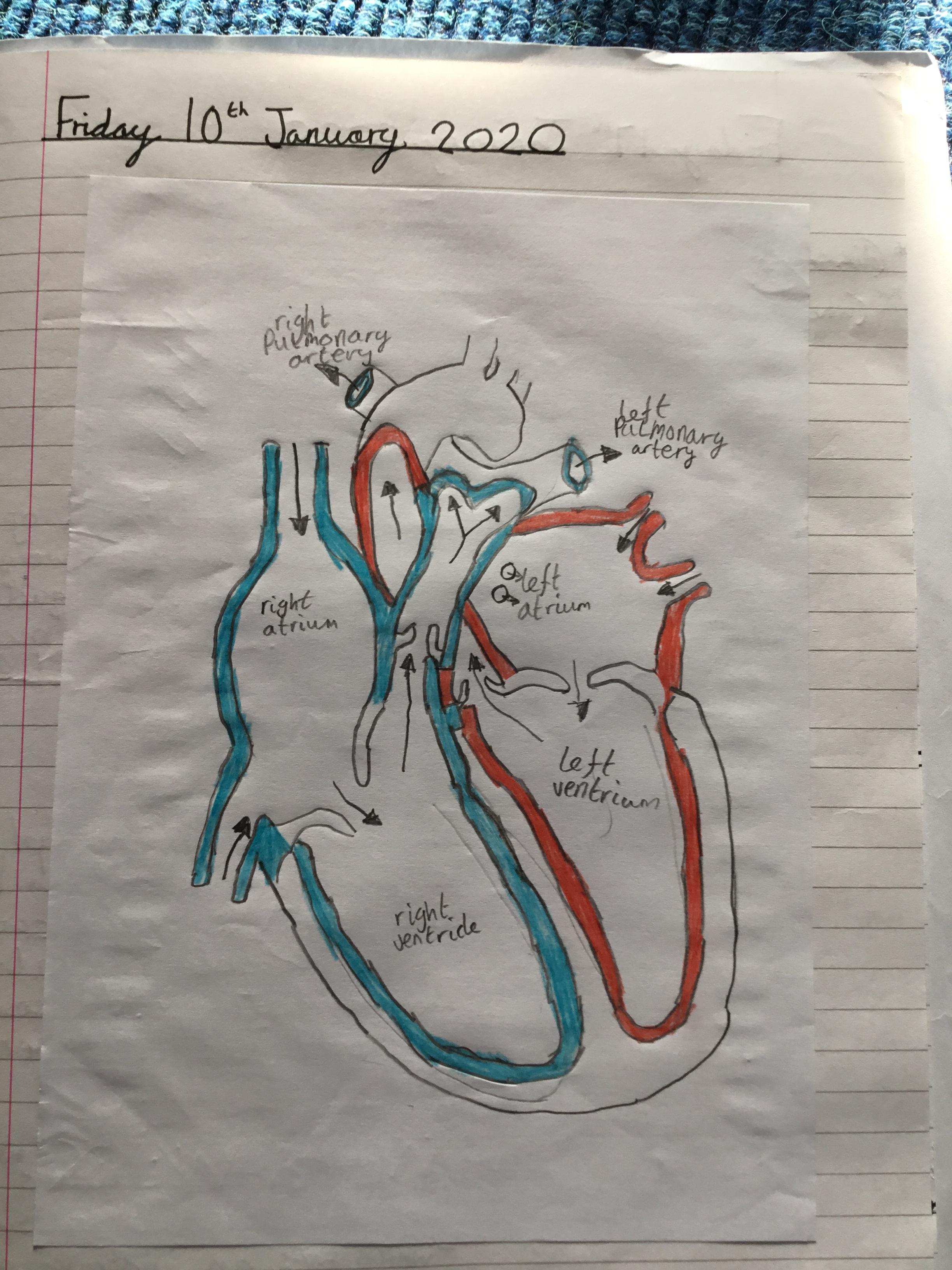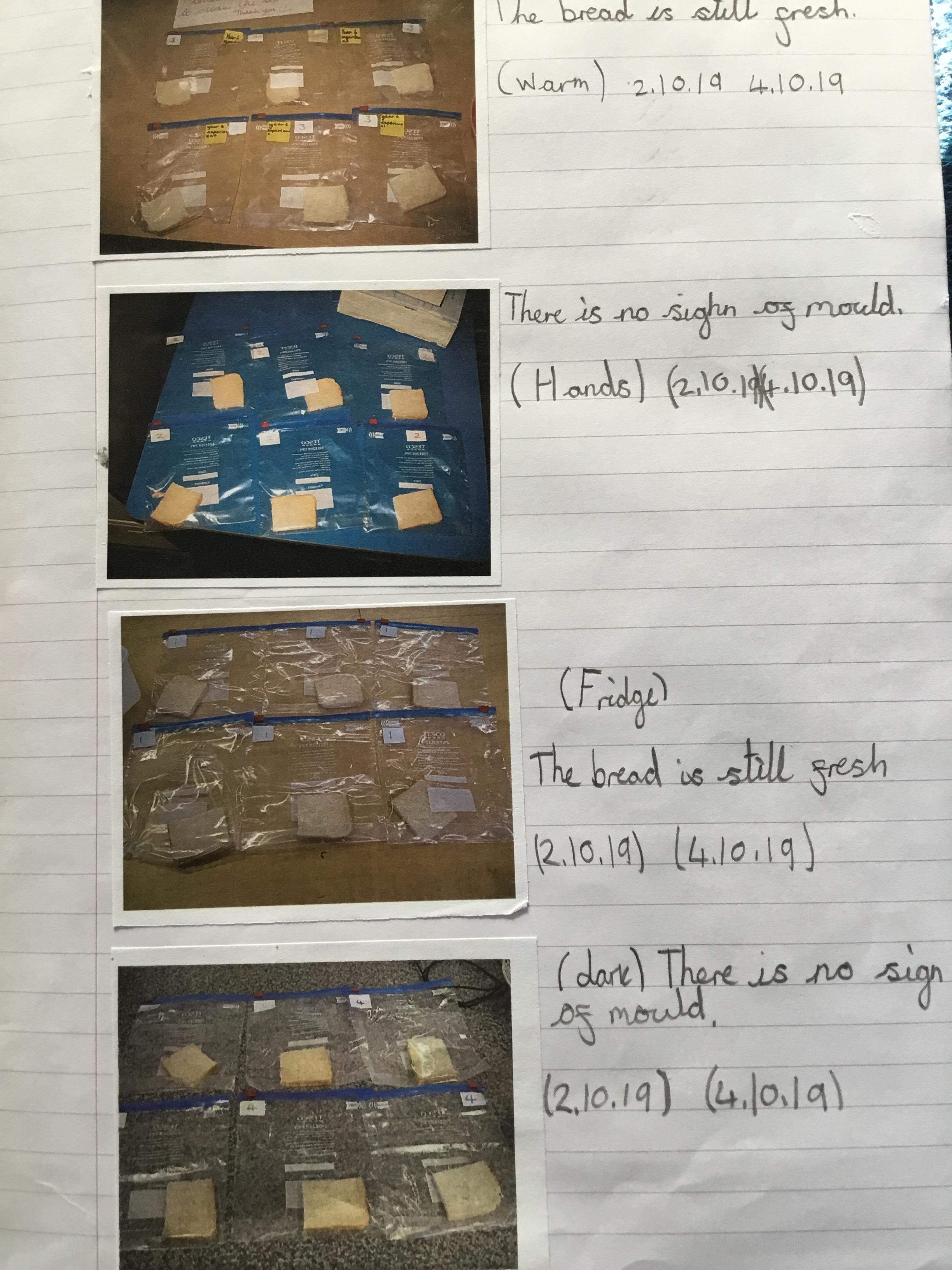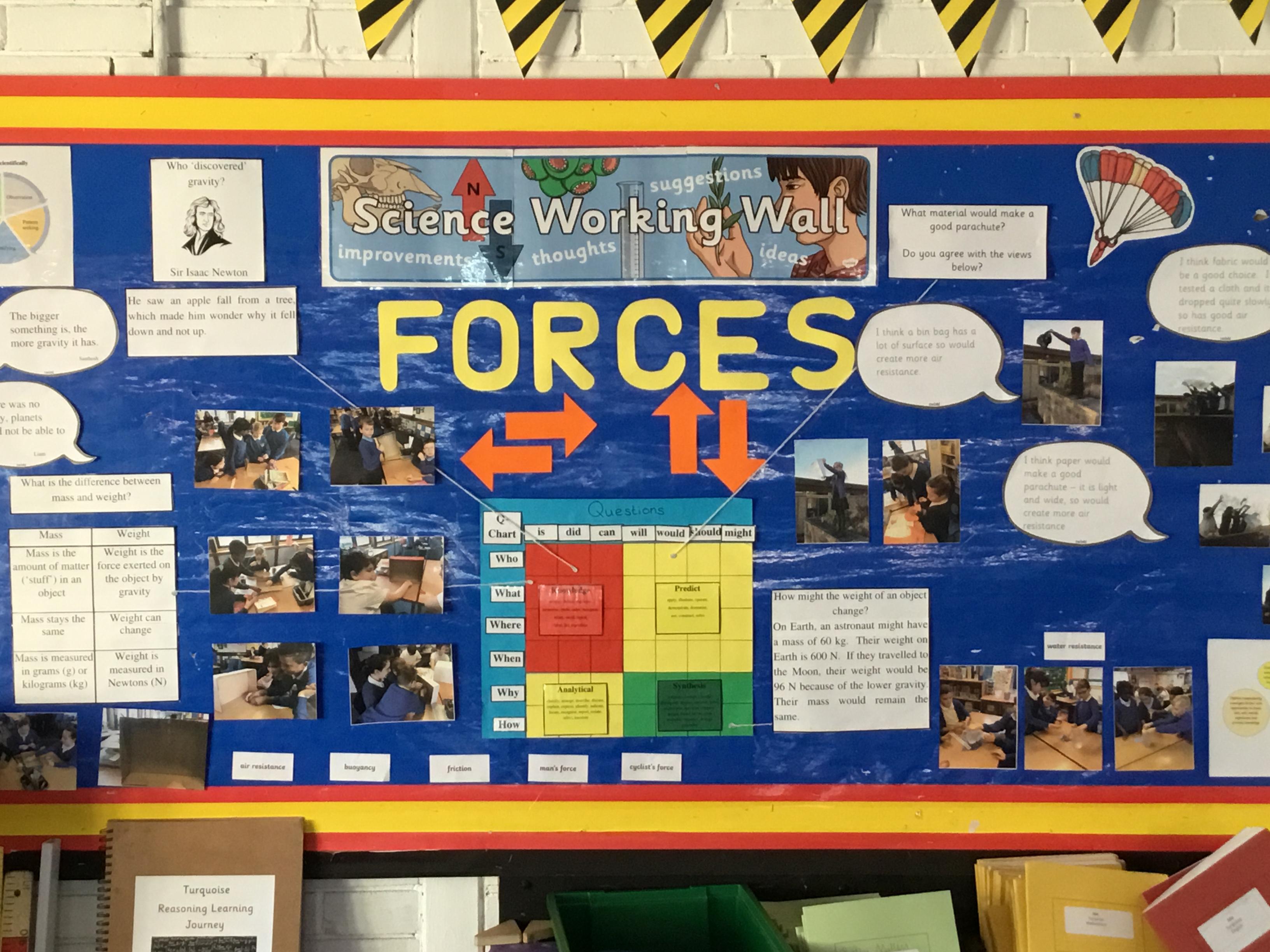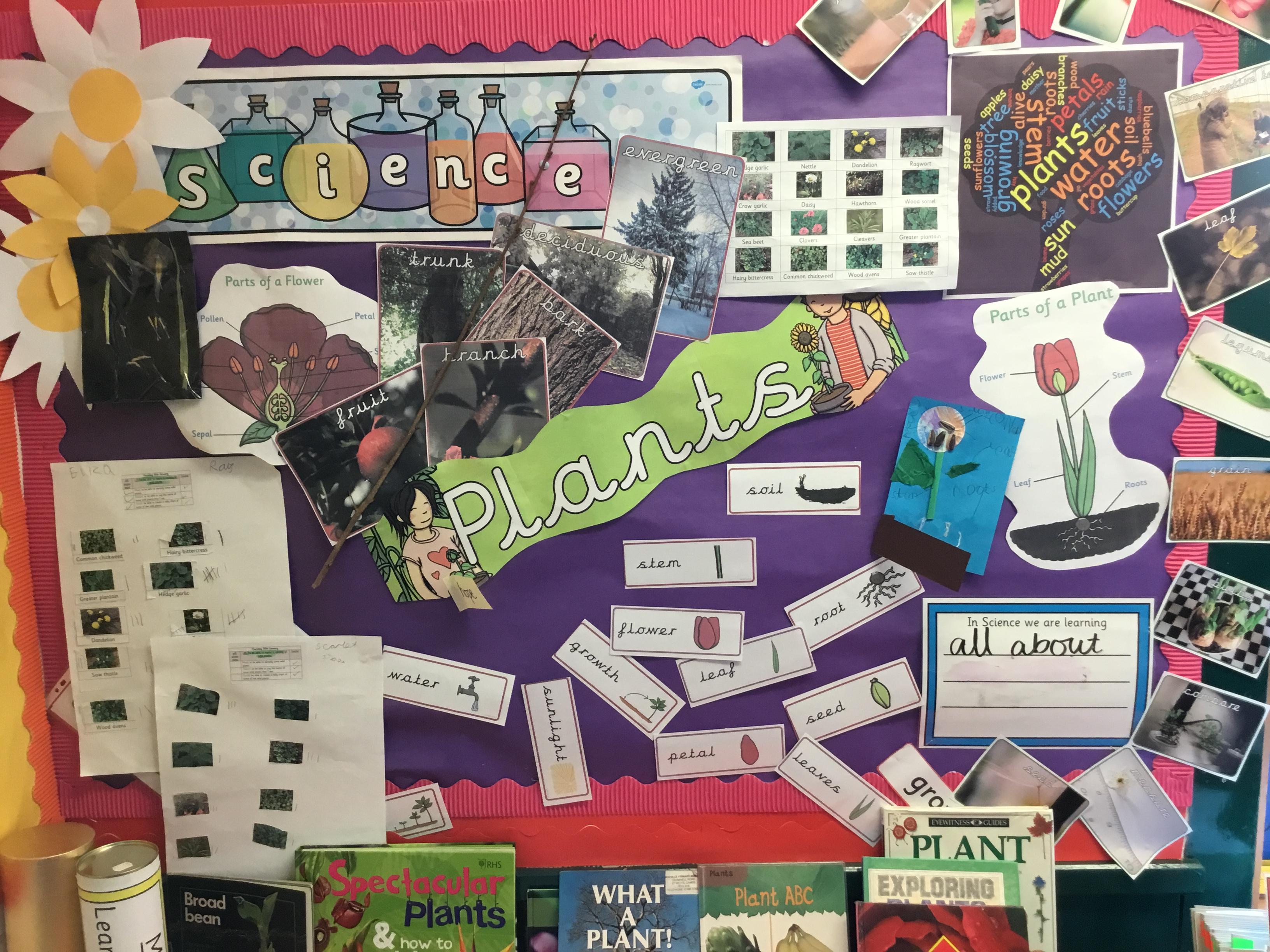Science
Science is taught across the school from Nursery to Year 6, following the ‘Understanding the World’ and ‘Health and Self-Care’ strands of the ‘Development Matters’ document in Early Years and the National Curriculum from Year 1 through to Year 6. In July 2020, the school achieved the ‘Primary Science Quality Mark’ for the quality, progress and experiences the children achieve through both the teaching and additional activities provided related to Science.
The Kapow Science scheme of work is followed through Key Stages 1 and 2. In EYFS the children learn to work scientifically through hands on experiences which encourage finding the answer to enquiries and learning about the world around them.
The Kapow Science scheme of work fulfils the statutory requirements outlined by the National Curriculum and ensures that children learn to work scientifically, gain scientific knowledge and understanding and understand science in action.
The scheme is organised into seven key areas which enable the children to gain both substantive and disciplinary knowledge. Embedded within each key area is the opportunity to use all three key strands of scientific learning. Within each unit there is the opportunity to work scientifically interwoven with gaining scientific knowledge and understanding. Science in action allows the children to understand the uses and implications of science today and in the future.
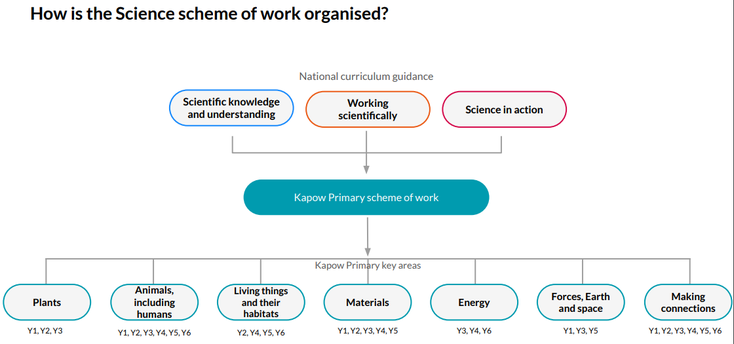
When working scientifically, children follow an enquiry cycle. In their science lessons they may focus on a specific aspect and build up to complete the cycle throughout a unit. The children will be able to see how the steps interconnect to allow them to participate if full investigation opportunities with confidence of both the knowledge and skills required.
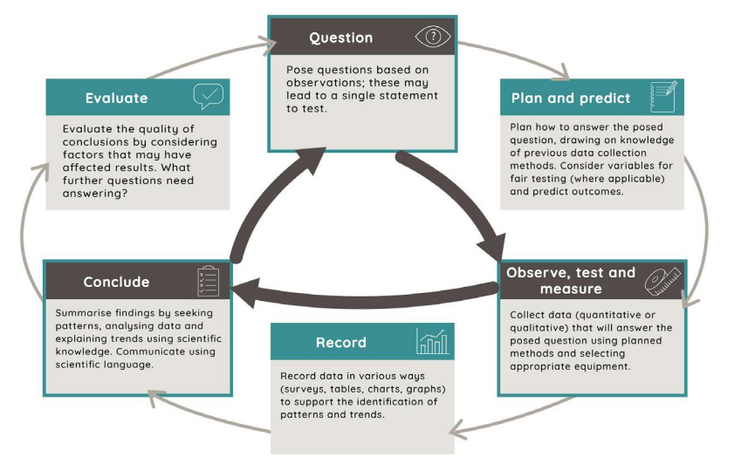
Throughout the year, the children will also participate in extra scientific opportunities to develop their science capital. These include additional science afternoons to enjoy scientific investigations and participation in recycling week and British Science week.
Science is a core subject of the National Curriculum and pupils undertake some science activity every week at both key stages. The work covered in Key Stage 1 builds on the nationally recognised curriculum for pupils aged under five. Pupils in Reception develop their knowledge, understanding and skills through play activities and direct teaching from which the pupils undertake planned tasks.
At Winhills Primary Academy, the children learn a wide range of scientific skills and understanding through exploring the outdoors and planned tasks in the ICE Zone. We encourage the children to be inquisitive and ask questions which enhance their knowledge and understanding.
Science is allocated ten per cent of the taught time at both key stages and this amounts to about 80 hours per year at Key Stage 1 and about 90 hours per year at Key Stage 2.
Planning takes into account that the school places a high emphasis on the development of pupils’ skills of scientific enquiry (Sc1). In the substantial majority of lessons the skills for Sc1 are taught alongside the knowledge and understanding in life processes and living things (Sc2), materials and their properties (Sc3) and physical processes (Sc4). In this way there is an equivalent emphasis on Sc1 as there is on Sc2/3/4 together.
Key Stage 1
Pupils observe, explore and ask questions about living things, materials and physical phenomena. They begin to work together to collect evidence to help them answer questions and to link this to simple scientific ideas. They begin to evaluate evidence and consider whether tests or comparisons are fair. They use reference materials to find out more about scientific ideas. They share ideas and communicate them using scientific language, drawings, charts and tables with the help of ICT if it is appropriate.
Key Stage 2
Pupils learn about a wider range of living things, materials and physical phenomena. They make links between ideas and explain things using simple models and theories. They apply their knowledge and understanding of scientific ideas to familiar phenomena, everyday things and their personal health. They think about the effects of scientific and technological developments on the environment and in other contexts. They carry out more systematic investigations, working on their own and with others. They use a range of reference sources in their work. They talk about their work and its significance, using a wide range of scientific language, conventional diagrams, charts, graphs and ICT to communicate their ideas.
